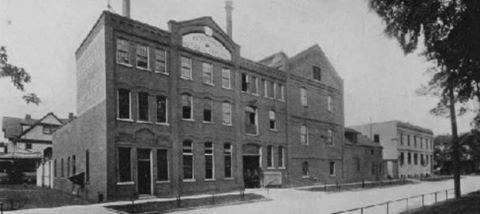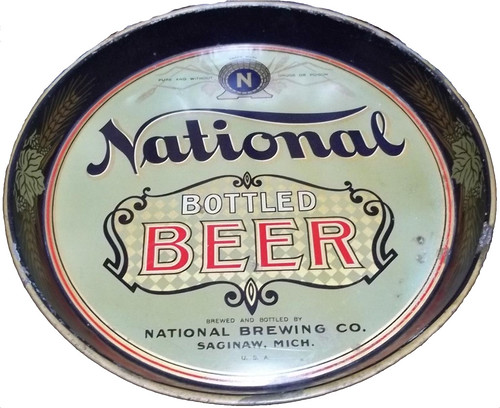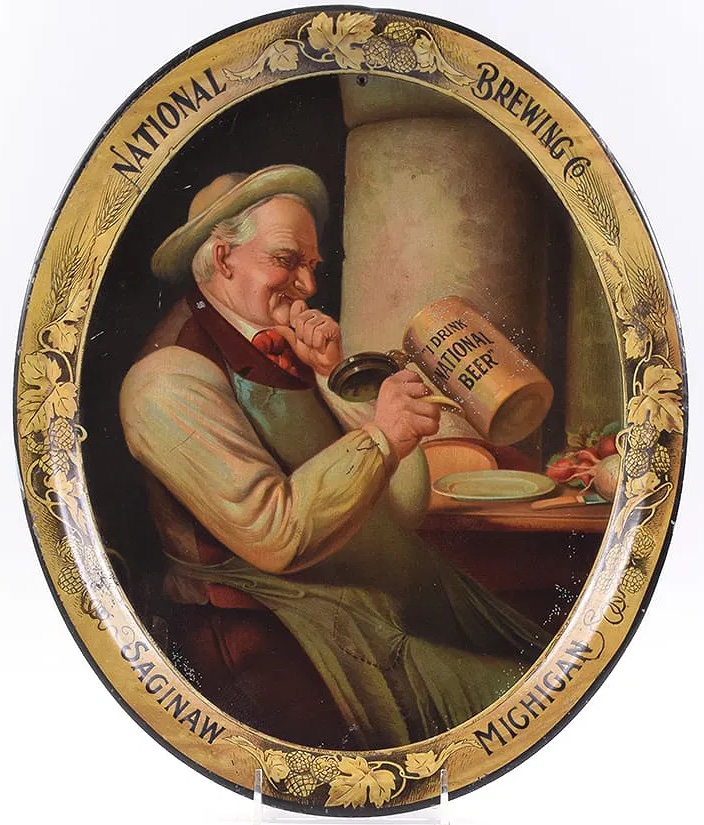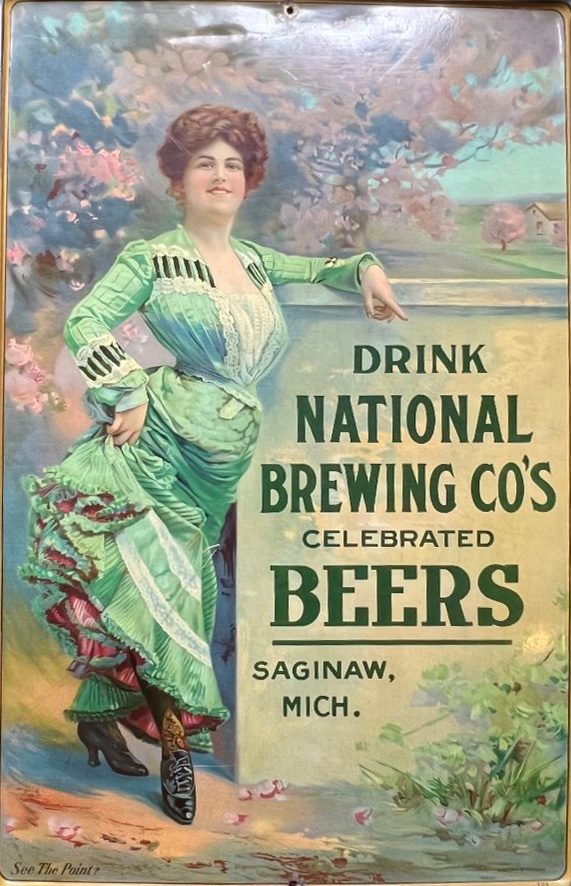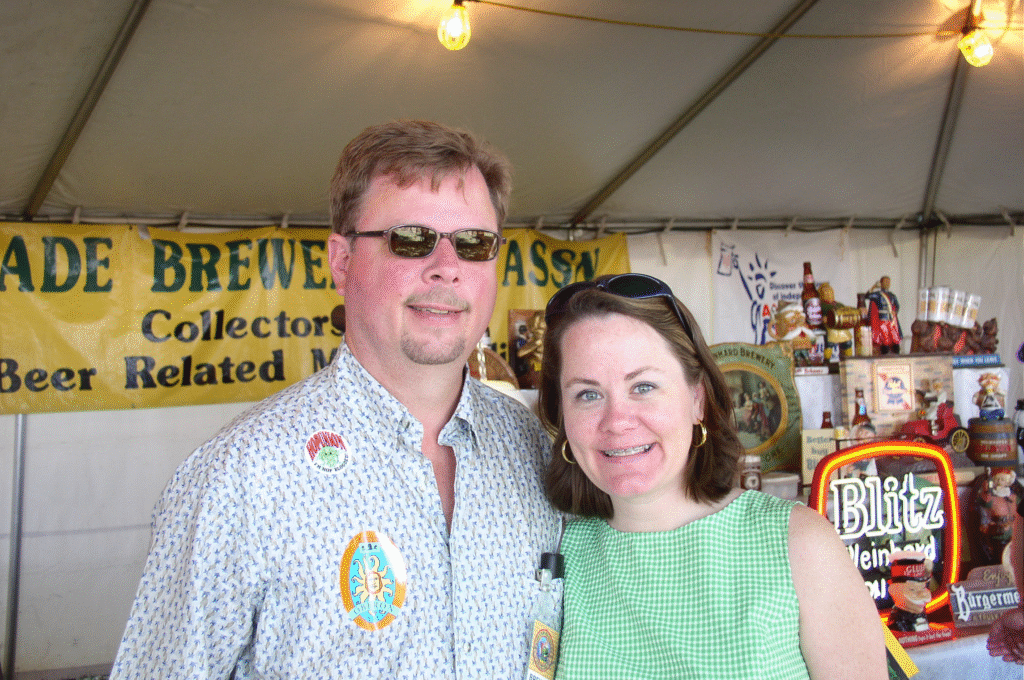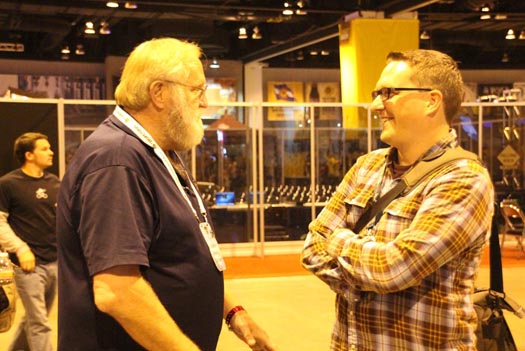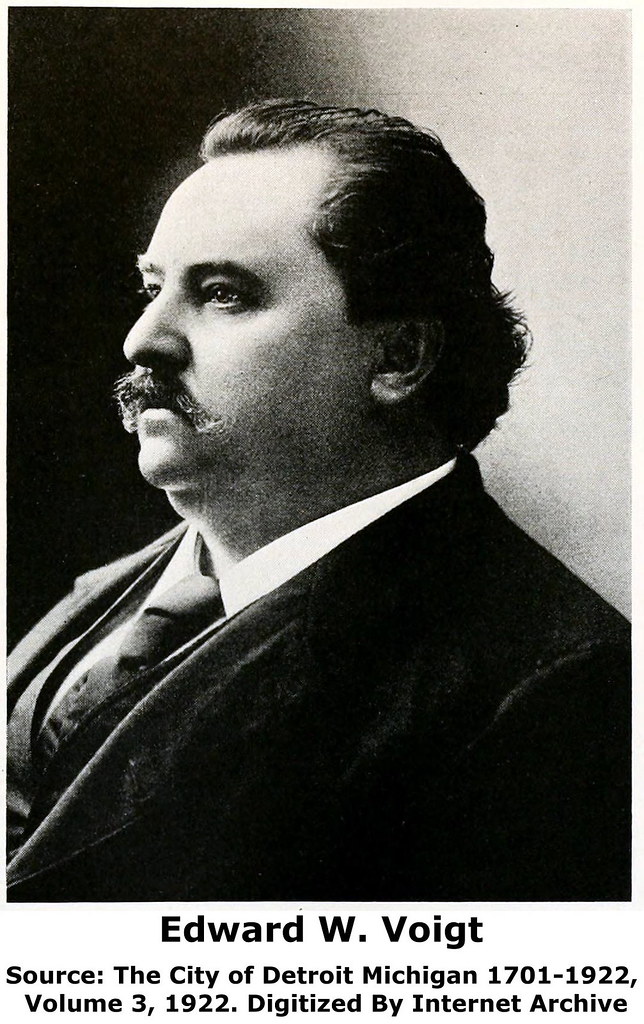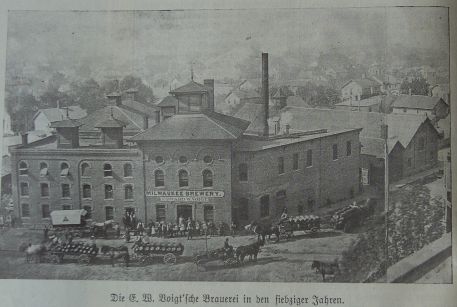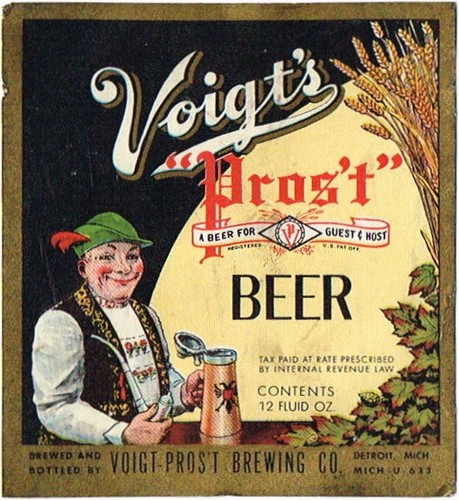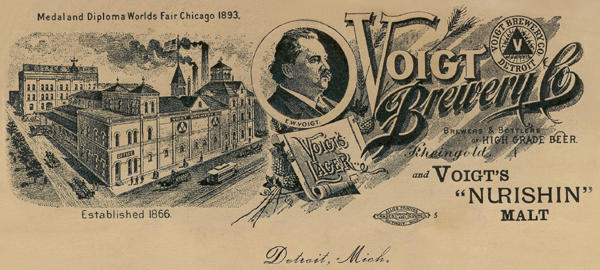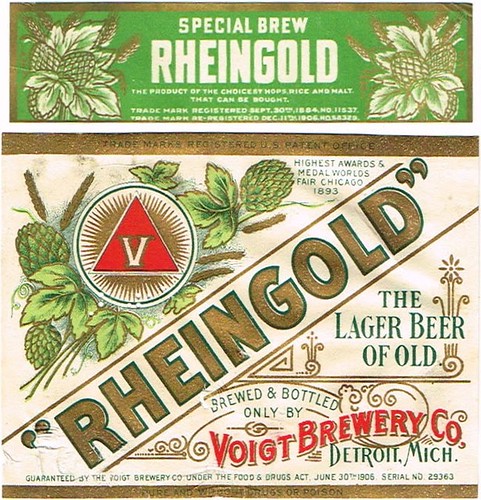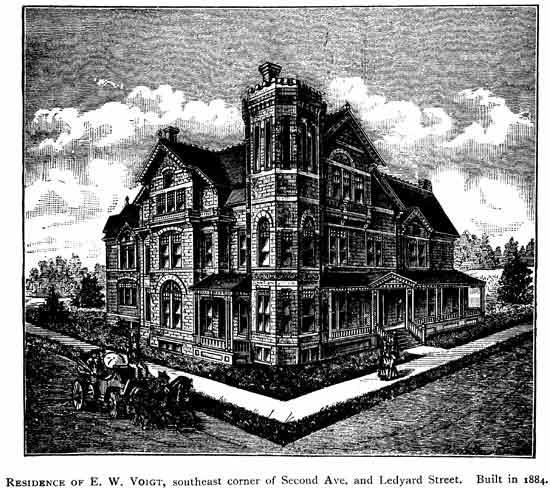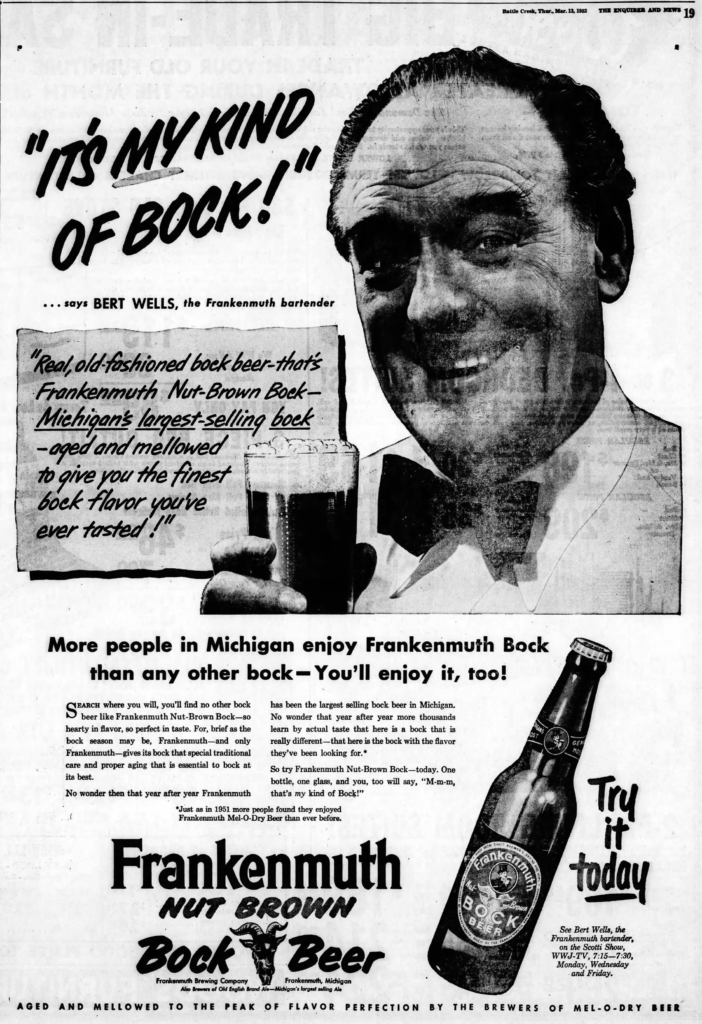
Today is John Mallett’s 61st birthday. John was, until recently, the production manager at Bell’s Brewery in Kalamazoo, Michigan, a post he’d held since 2001, and also for New Belgium Brewery more recently. John has a great sense of humor and I recall a particularly side-splitting kvetching evening-long conversation with him and Fal Allen at CBC in San Diego a number of years ago and a couple of years we judged together in Japan, which was great fun. In addition, John also published the Brewers’ Publications book on Malt: A Practical Guide from Field to Brewhouse. But even more recently, John’s retired and looking for the next great adventure. Join me in wishing John a very happy birthday.




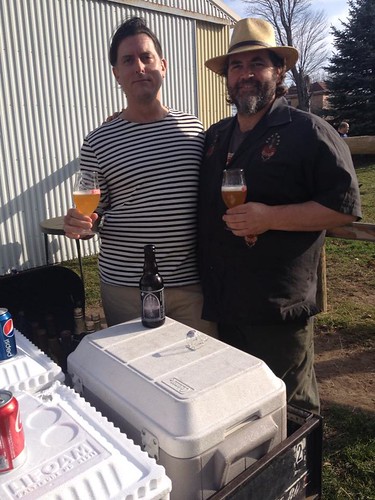
If you’d like to see John wearing lederhosen, click here.



